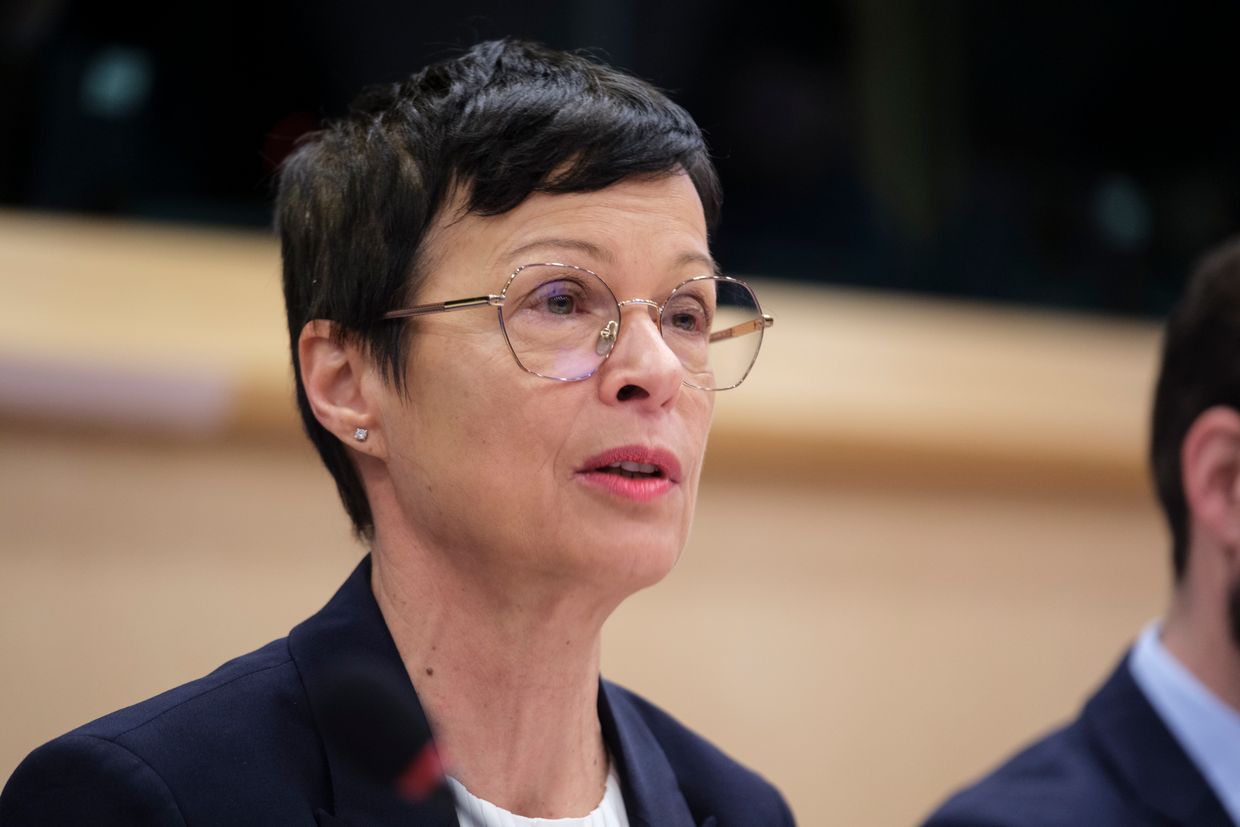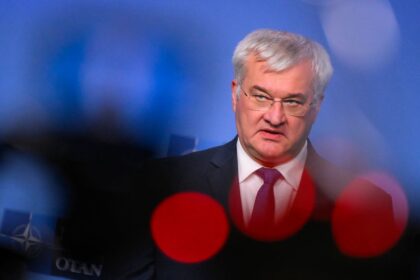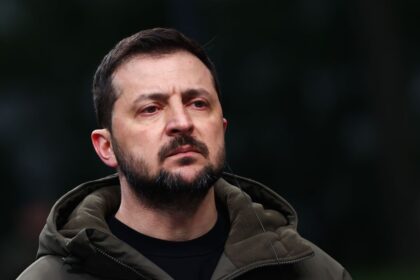**EU Accession Talks for Ukraine and Moldova Hit Roadblock**
The European Union’s (EU) accession talks with Ukraine and Moldova have hit a snag, thanks to resistance from Hungary. Despite the two countries launching joint EU accession talks in June 2024, Hungarian Prime Minister Viktor Orban has blocked the opening of the first negotiation chapters.
This development comes as no surprise, given Budapest’s long-standing opposition to Ukraine’s membership efforts. Brussels has been a crucial supporter of Ukraine over the past three years, providing security and financial aid to help counter Russian aggression and enact pro-EU reforms. However, Hungary has consistently blocked support for Ukraine, citing concerns over agriculture, security, and alleged discrimination against its Hungarian minority.
**Hungary’s Objections: A Smokescreen?**
Budapest’s objections to Ukraine’s membership efforts have been widely criticized as a smokescreen. The country’s claims of discrimination against its Hungarian minority are rejected by Kyiv, which has maintained that it treats all citizens equally. Hungary’s concerns over agriculture and security are also seen as secondary issues, given the ongoing war with Russia.
Hungary’s resistance to Ukraine’s membership is largely driven by Prime Minister Viktor Orban’s pro-Russian stance. Orban has been vocal about his opposition to Ukraine’s EU bid, claiming that its entry would “destroy” Hungary. This rhetoric has been met with skepticism from many in the EU, who see it as an attempt to block Ukraine’s progress.
**Public Opinion: A Different Story**
Despite the government’s resistance, recent polls suggest that public opinion in Hungary is actually in favor of Ukraine’s accession. A poll conducted by the opposition Tisza party found that 58.18% of respondents backed Ukraine’s EU bid. Another poll by the Republikon Institute on April 7 also showed a narrow majority of Hungarians in favor of Ukraine joining the bloc.
These results are significant, as they suggest that public opinion is at odds with the government’s stance. This could put pressure on Orban to reconsider his position and allow the accession talks to proceed.
**The Way Forward**
As the EU mulls its next steps, it will be crucial for Brussels to find a way to bypass Hungary’s objections. One possibility is to decouple Ukraine and Moldova’s accession processes, allowing both countries to move forward separately. This would likely be met with resistance from Budapest, but could ultimately pave the way for Ukraine and Moldova to join the EU.
As the situation unfolds, it will be essential for the EU to maintain its support for Ukraine and Moldova, while also addressing Hungary’s concerns in a constructive manner. The outcome of these accession talks will have significant implications for both countries, as well as the future of the European Union itself.












